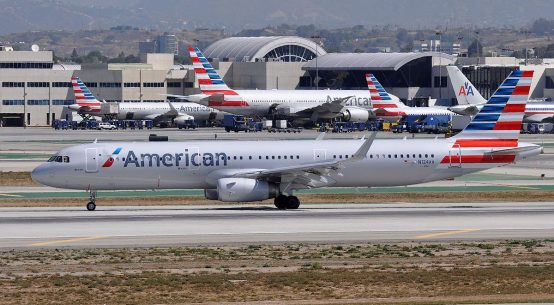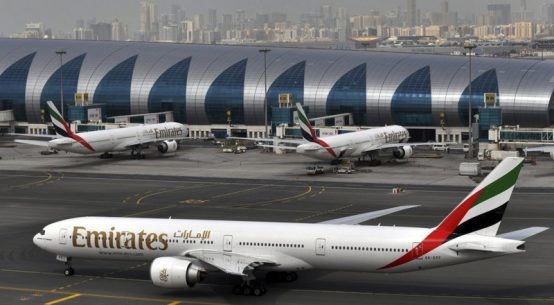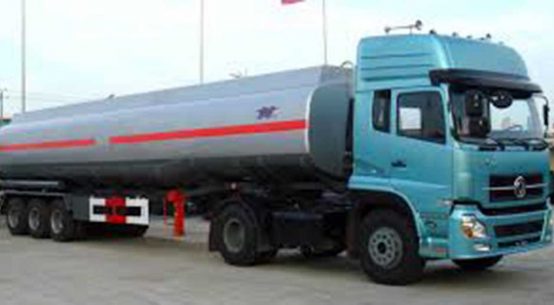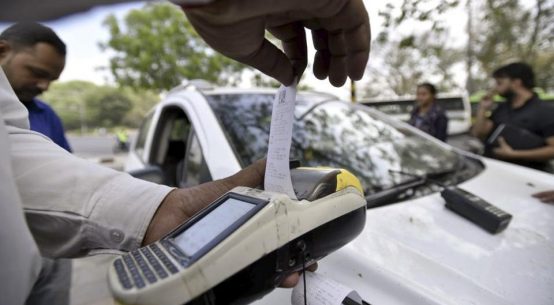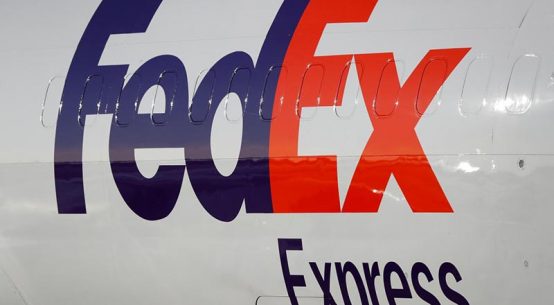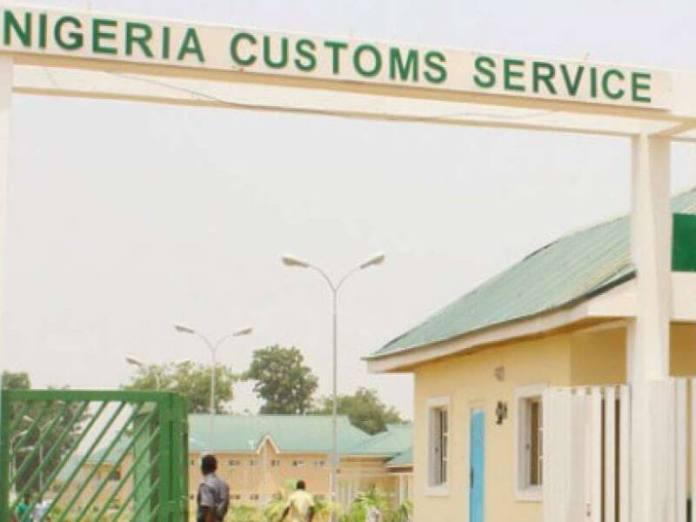
Lagos – The Nigeria Customs Service (NCS) has picked holes in the position of customs agents that Nigeria’s import and export system and the economy as a whole are vulnerable to terrorist exploitation owing to the federal government’s policy regime known as Destination Inspection (DI).
The NCS has declared that DI as a policy of the government is beneficial to the Nigerian economy.
The National Council of Managing Directors of Licensed Customs Agents (NCMDLCA), the umbrella body of customs agents, had in a petition to the Chairman, House Committee on Customs, Excise and Tariff, posited that DI contravenes the WCO Safe Frame Work of Standard to Secure and Facilitate Global Trade (WCO Safe Framework).
The DI regime process, the agents, pointed out, allows the influx of unwholesome goods such as arms, ammunition, contrabands into the country, results in revenue reduction and exposes the nation to serious security threats.
A THISDAY report claimed Comptroller Mohammed Uba Garba of the NCS Federal Operations Unit (FOU) Zone ‘A’ Lagos, faulted the position of the customs agents insisting that Nigeria stands at a far greater economic and security advantage with destination inspection of imported cargoes.
Since the recent resurgence of illegal arms shipments into the country, stakeholders have been pushing for a return to pre-shipment inspection to check the trend.
However, the NCS believes destination inspection neither causes nor promotes arms smuggling.
But Garba while addressing members of the Shipping Correspondents Association of Nigeria (SCAN), who were on a courtesy visit to the management of the command in Lagos, explained that DI is an extant government policy in the interest of the society and the economy. He added that it creates and keeps jobs and revenues in the country because when goods arrive the ports, customs officials and other relevant government agencies would have to inspect them.
He noted that the jobs and the accruing pay for the services would have been retained by the originating country.
Furthermore, he said that not only arms and dangerous drugs are being intercepted but all smuggled goods, including those falsely declared or under-declared.
He disclosed that new scanners would arrive the ports by the first quarter of next year to make cargo examination easier, faster and surer, adding that repairing the old and broken-down ones would throw up the challenges of updating and upgrading them, among other unplanned consequences.
Garba also used the opportunity to solicit mass media partnership with the NCS on awareness creation, lamenting that many smugglers and border communities, in spite of the community relations efforts, remained ignorant of the dangers of smuggling and smuggled goods, including economic sabotage.
FOLLOW US ON FACEBOOK FOR MORE LOGISTICS NEWS
He further clarified that the Controller-General of Customs’ Compliance and Monitoring Unit is not in conflict with the FOU but is rather an ad-hoc body that compliments the FOU, with which it interacts seamlessly, as the unit submits its seizures to the FOUs.
Meanwhile, Garba commended the motive behind the emergence of SCAN, describing it as “patriotic” and urged members to ensure balanced reporting.
SCAN President, Yusuf Babalola, had informed the FOU management that the association was formed to purify the maritime journalism field through dutiful and conscientious reporting.



